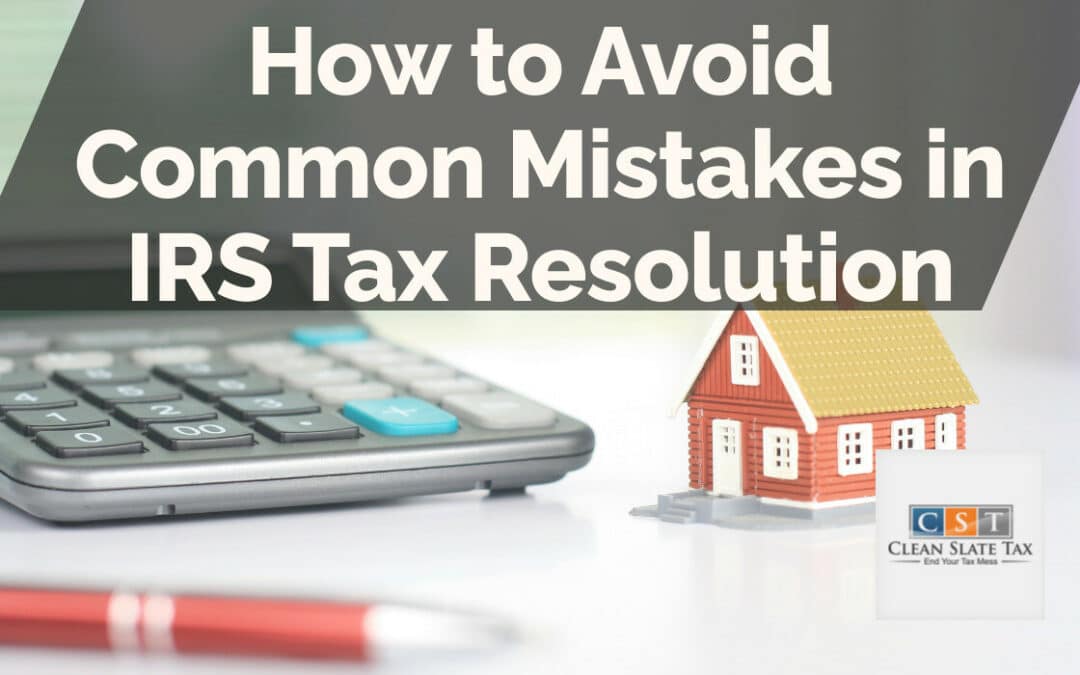How to Avoid Common Mistakes in IRS Tax Resolution
Tax resolution might seem daunting for most individuals, especially if they are dealing with the IRS. However, with the right advice and strategy, you can effectively navigate the process and successfully resolve your tax issues. This article offers valuable insights into avoiding common mistakes in IRS tax resolution.
Misunderstanding the Notice
One of the most frequent errors taxpayers make is misunderstanding the notice sent by the IRS. It’s easy to misinterpret the legal terminologies and revenue codes associated with tax matters, which ends up making the situation more complicated. Ask for professional assistance to understand your notice better, to avoid assumptions that may cause misunderstandings.
Ignoring IRS Notices
Ignoring IRS notices is another common but fatal mistake that taxpayers commit. When the IRS sends you a notice, it’s essential to respond promptly because failure to do so might lead to additional fees or enforcement actions such as levies or liens on your property. Settle your tax problems quickly by responding to IRS notices as soon as you receive them.
Failure to File Taxes
Many people think that if they can’t pay their tax debt, the best course of action is to avoid filing it altogether. This tactic, however, can lead to more problems than it solves. The IRS charges hefty penalties for failure to file taxes, which can increase your tax bill significantly over time.
Attempting to Resolve Tax Debt Alone
While it might seem cost-effective to handle your tax resolution alone, it often exacerbates the situation due to a lack of expertise and familiarity with IRS processes. Hiring a tax resolution specialist or tax attorney can help guide you through the resolution process, negotiating on your behalf and ensuring all documents are correctly filed.
Frequently Asked Questions
-
What happens if you ignore an IRS notice?
If you ignore an IRS notice, the IRS may introduce severe consequences, including penalties, interest, and possible seizure of your assets or wage garnishment.
-
What should I do upon receiving an IRS Notice?
Upon receiving an IRS notice, you should first read the notice carefully and understand what it demands. Then, seek professional assistance if needed, respond to the notice promptly and never ignore it.
-
Who can help you with tax resolution?
Tax attorneys, Certified Public Accountants(CPAs), and Enrolled Agents(EA) are professionals who can guide you through IRS tax resolutions.
In conclusion, avoiding the mistakes mentioned above can save you from intensifying your tax problems. Understanding your IRS notice, not ignoring it, filing your taxes, and seeking professional help can be a game-changer in your tax resolution journey.





